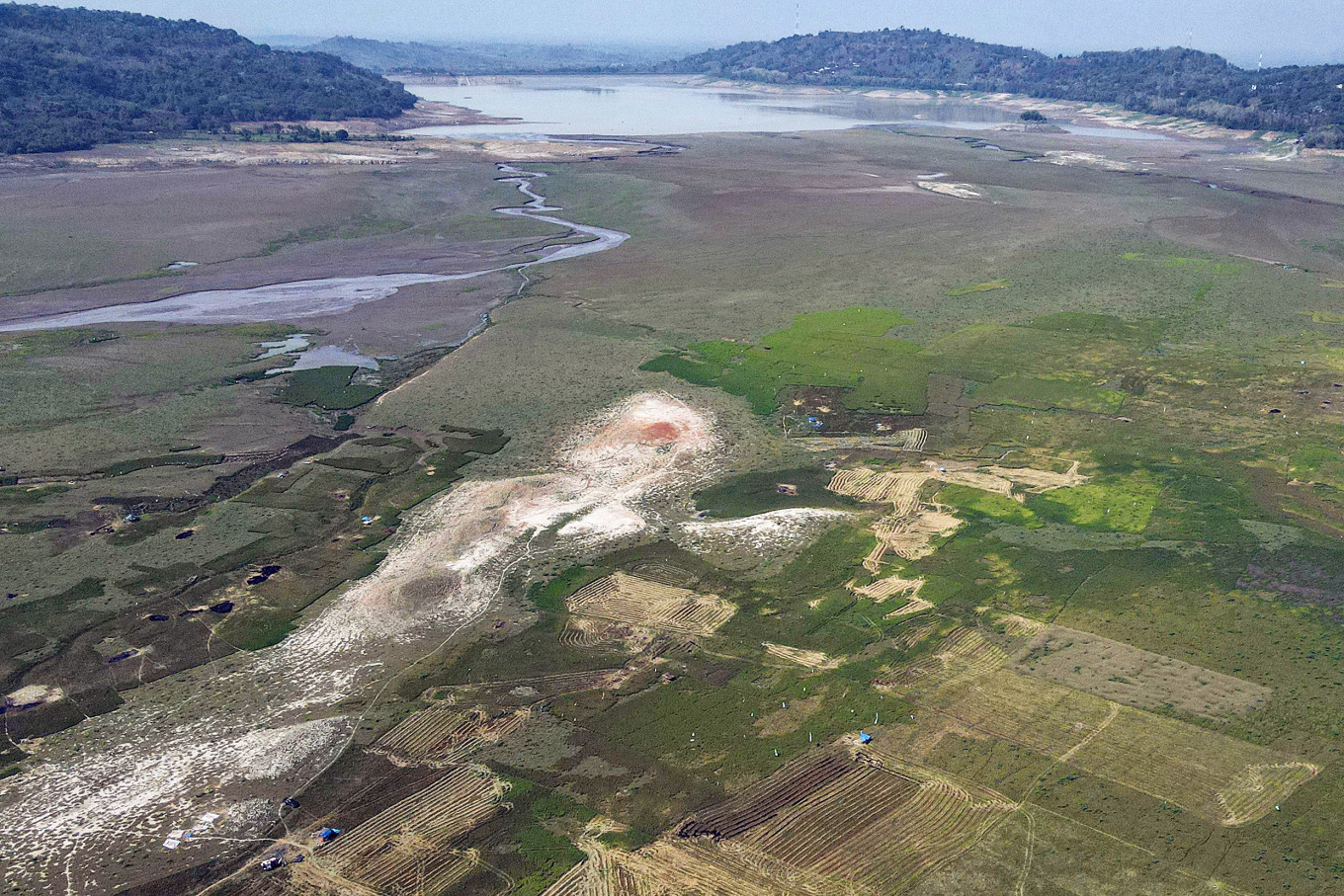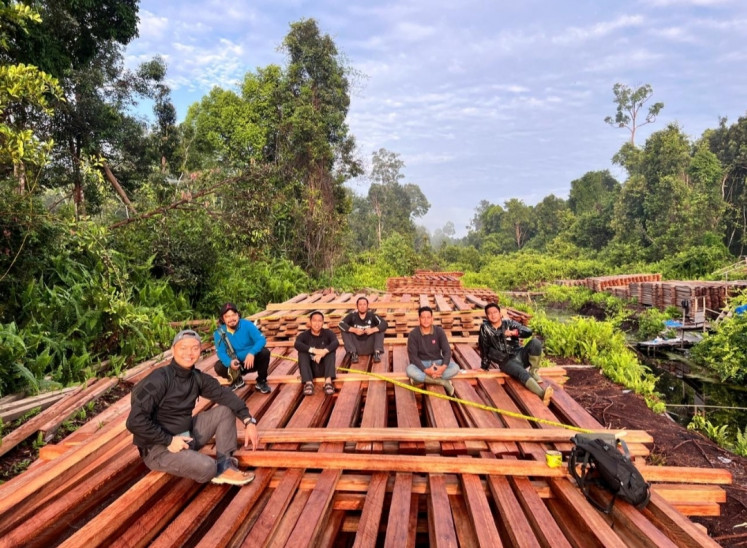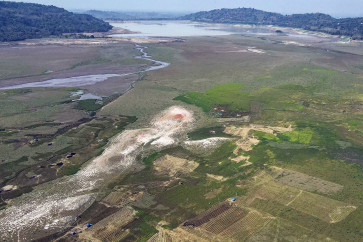Popular Reads
Top Results
Can't find what you're looking for?
View all search resultsPopular Reads
Top Results
Can't find what you're looking for?
View all search resultsBili-Bili hydroelectric power plant non-operational for two months due to El Niño
The Bili-Bili hydroelectric power plant has been out of operation for the past two months, with PLN Bakaru's manager attributing it to local water level issues.
Change text size
Gift Premium Articles
to Anyone
T
he Bili-Bili hydroelectric power plant in Gowa regency, South Sulawesi, has been non-operational for the past two months due to El Niño-related drought.
The manager of PLN Nusantara Power Bakaru, Fatahudin Yogi Amubowo, attributed this to the local water levels not meeting the required intake and discharge.
"For almost two months, the Bili-Bili hydropower plant has stopped operating. The water level intake and discharge do not match," he said on Wednesday, as quoted by Antara from Makassar.
The Bili-Bili plant has a capacity of 19.5 megawatts and provides electricity for around 19,500 people. However, due to the dry conditions, the dam can only generate 2 MW at most.
PLN data show that the water elevation in the Bili-Bili Dam, which supplies water for the power plant, is exceedingly low, preventing sufficient water discharge for hydropower operations.
In normal conditions, the water discharge reaches at least 8 cubic meters (cbm) per second, while it is currently only at 2 cbm per second.
As a result, PLN has been forced to temporarily halt the operation of the Bili-Bili plant until conditions return to normal.



















